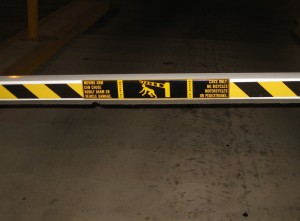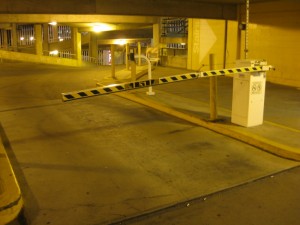Democracy loses the election
At Truthdig, Amy Goodman mourned the biggest loser during the election day this week: democracy.
As the 2010 elections come to a close, the biggest winner of all remains undeclared: the broadcasters. The biggest loser: democracy. These were the most expensive midterm elections in U.S. history, costing close to $4 billion, $3 billion of which went to advertising. What if ad time were free? We hear no debate about this, because the media corporations are making such a killing by selling campaign ads. Yet the broadcasters are using public airwaves. I am reminded of the 1999 book by media scholar Robert McChesney, “Rich Media, Poor Democracy.” In it, he writes, “Broadcasters have little incentive to cover candidates, because it is in their interest to force them to publicize their campaigns.” . . .Goodman points out that the airwaves belong to the public, yet they are being used for reaping huge profits that create a financial bar to candidates who merely have good ideas.
The place where we should debate this is in the major media, where most Americans get their news. But the television and radio broadcasters have a profound conflict of interest. Their profits take precedence over our democratic process. You very likely won’t hear this discussed on the Sunday-morning talk shows.

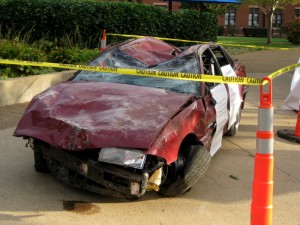
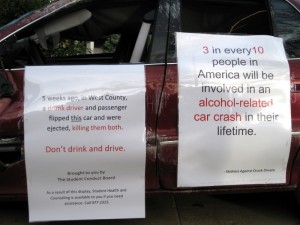
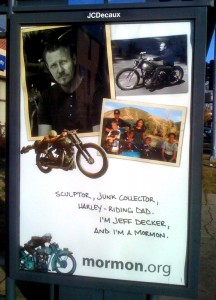 This poster is just down the street from the Roman Catholic Cathedral where, based on my experience being raised as a Catholic, most of the parishioners don't understand the most basic teachings of the church, and don't really care that they don't understand. Yet they disparage the Mormons and vice-versa.
What other signs did I notice? How about this sign warning about the great danger presented by this parking lot gate?
This poster is just down the street from the Roman Catholic Cathedral where, based on my experience being raised as a Catholic, most of the parishioners don't understand the most basic teachings of the church, and don't really care that they don't understand. Yet they disparage the Mormons and vice-versa.
What other signs did I notice? How about this sign warning about the great danger presented by this parking lot gate?
